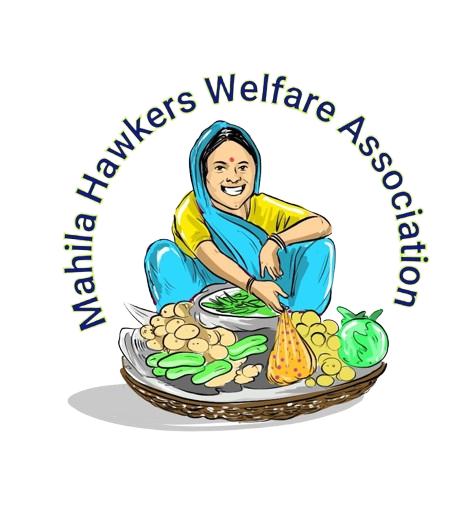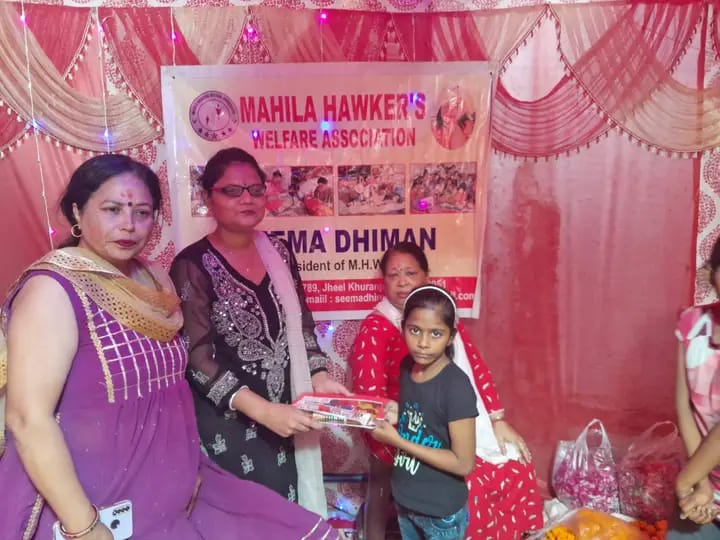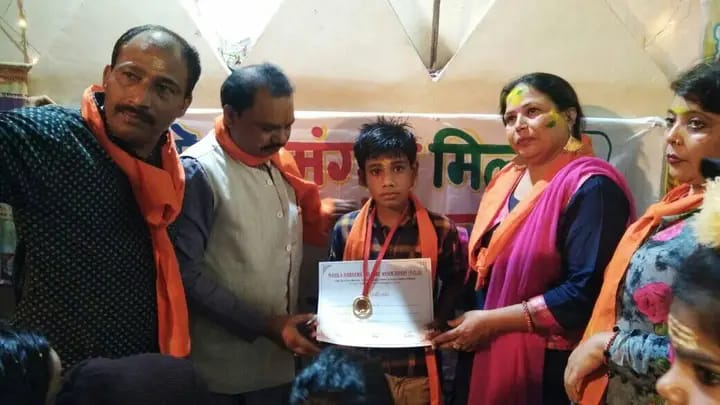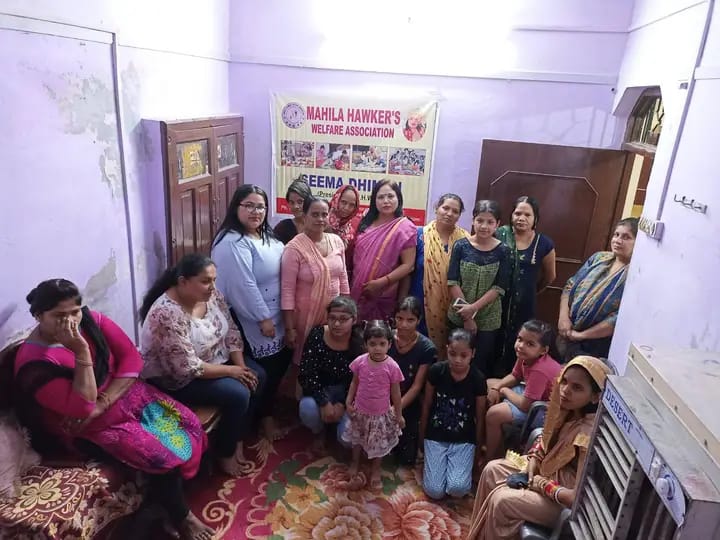TOGETHER
LET’S GENERATE
PROSPERITY
ABOUT MHWA
Established in 2013, Mahila Hawkers Welfare Association (MHWA) is a social welfare organization committed to uplifting the lives of street vendors and daily earners — both men and women — across urban and rural areas. Our mission is to empower hawkers by providing them with equal opportunities, financial literacy, and social security so they can lead lives of dignity and independence.
Over the years, we have expanded our focus to include several crucial aspects of community welfare. We actively work towards women’s safety and hygiene, ensuring that female hawkers have access to clean sanitation facilities and awareness programs that promote health, dignity, and confidence. Through our girls’ vocational training programs, we help young women acquire practical skills that open doors to sustainable employment and entrepreneurship.
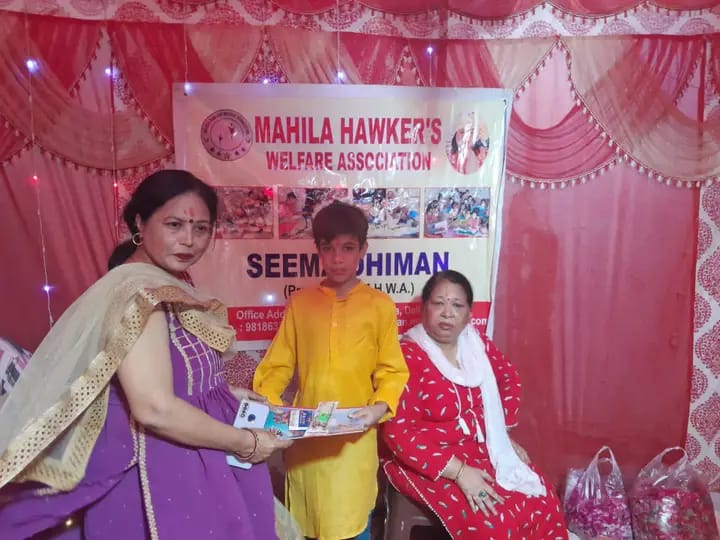
COMMUNITIES
GOVERNMENTS
EDUCATION
DEVELOPMENT
Reason of Helping
Collecting Fund
Mahila Hawkers Welfare Association raises funds to support various community welfare initiatives, including women’s safety, hygiene awareness, child wellness, and vocational training.
Friendly Volunteer
Our friendly volunteers are the heart of Mahila Hawkers Welfare Association. They work closely with communities, spreading awareness, organizing training programs, and supporting welfare activities.
women empowerment
Mahila Hawkers Welfare Association is deeply committed to women empowerment by helping female hawkers gain financial independence, social respect, and safety.
Our Working Area's
We take a 360-degree approach – because it takes more than one intervention to lift a family out of poverty and into prosperity.

Male Female Both Hawkers
Mahila Hawkers Welfare Association supports both male and female hawkers equally, ensuring fair opportunities, social security, and better working conditions for all. We focus on improving their livelihoods through training, financial guidance, and welfare programs that promote dignity, equality, and sustainable growth for every street vendor in the community.
Women's safety and hygiene
Mahila Hawkers Welfare Association prioritizes women’s safety and hygiene by creating a secure and respectful working environment for female hawkers. We conduct awareness programs, distribute hygiene kits, and advocate for safe public spaces, empowering women to work confidently while maintaining their health, dignity, and overall well-being.
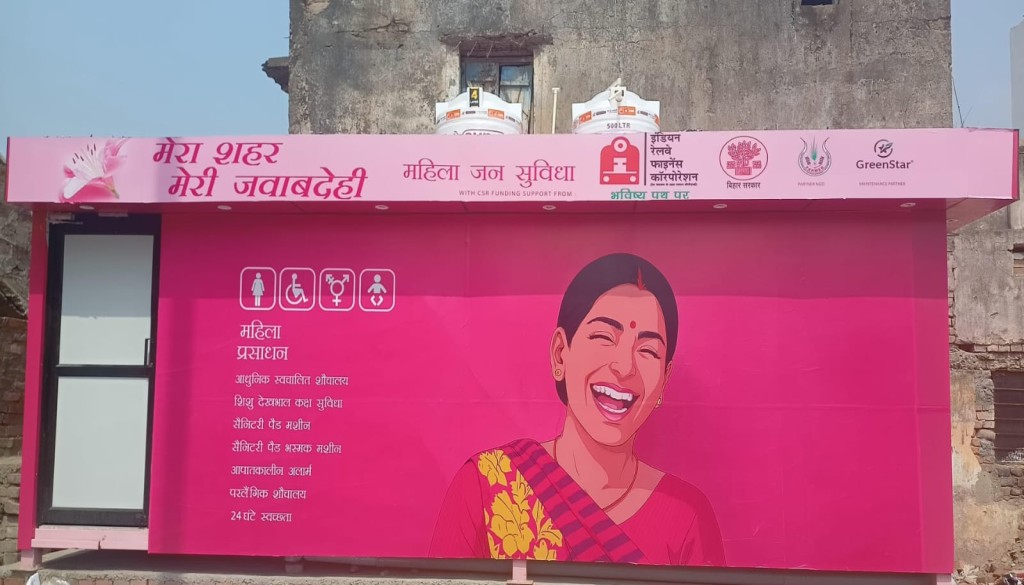

Child wellness
Mahila Hawkers Welfare Association is dedicated to promoting child wellness among the families of street vendors. We organize health check-ups, nutrition awareness camps, and educational support programs to ensure every child grows healthy, strong, and educated—laying the foundation for a brighter and more secure future.
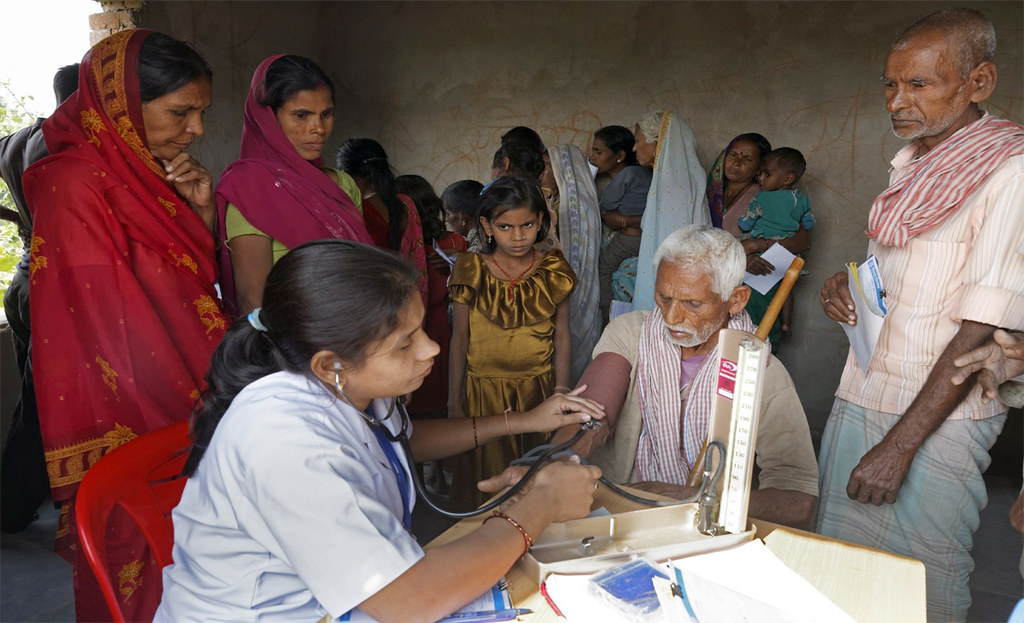
Human Health
Mahila Hawkers Welfare Association focuses on improving human health by providing access to medical camps, health awareness programs, and preventive care for hawkers and their families. Our goal is to promote physical and mental well-being, ensuring every individual leads a healthy, active, and productive life within the community.
Women's Vocational Training
Mahila Hawkers Welfare Association empowers young girls through vocational training programs that build practical skills and self-confidence. We provide education in tailoring, handicrafts, digital literacy, and entrepreneurship, helping them secure sustainable livelihoods and become financially independent contributors to their families and society.
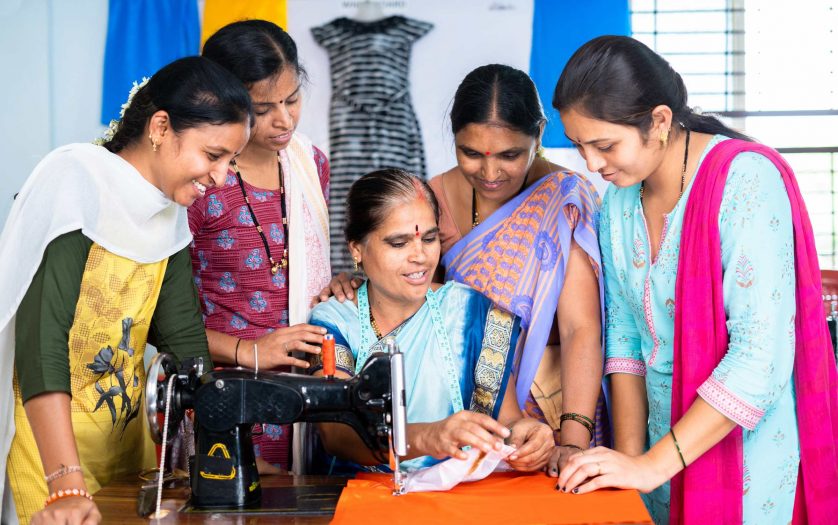
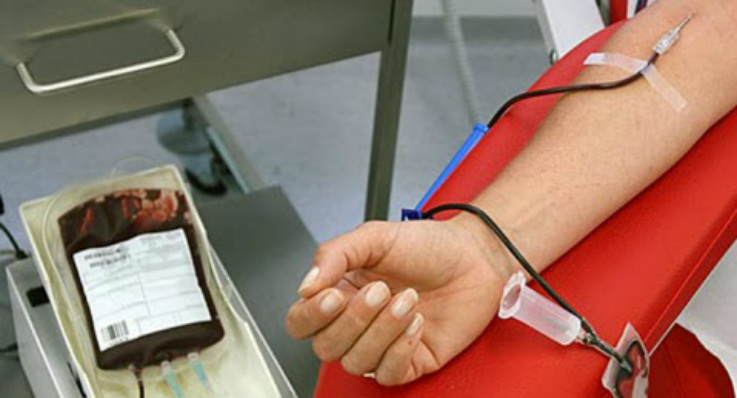
Blood Donation
Mahila Hawkers Welfare Association actively promotes blood donation as a vital act of humanity and community service. We organize regular blood donation camps, encouraging volunteers and members to contribute towards saving lives. Every drop counts — together, we help ensure timely medical support for those in urgent need.
IT ALL BEGINS WITH LIVELIHOODS
A strong livelihood can quickly catapult a family from a life of poverty to prosperity. Ambuja Foundation supports rural families from every angle, to give them the best possible chance of prosperity – ensuring that poor health, outdated farming skills or limited access to water don’t get in the way of a family earning a livelihood.
